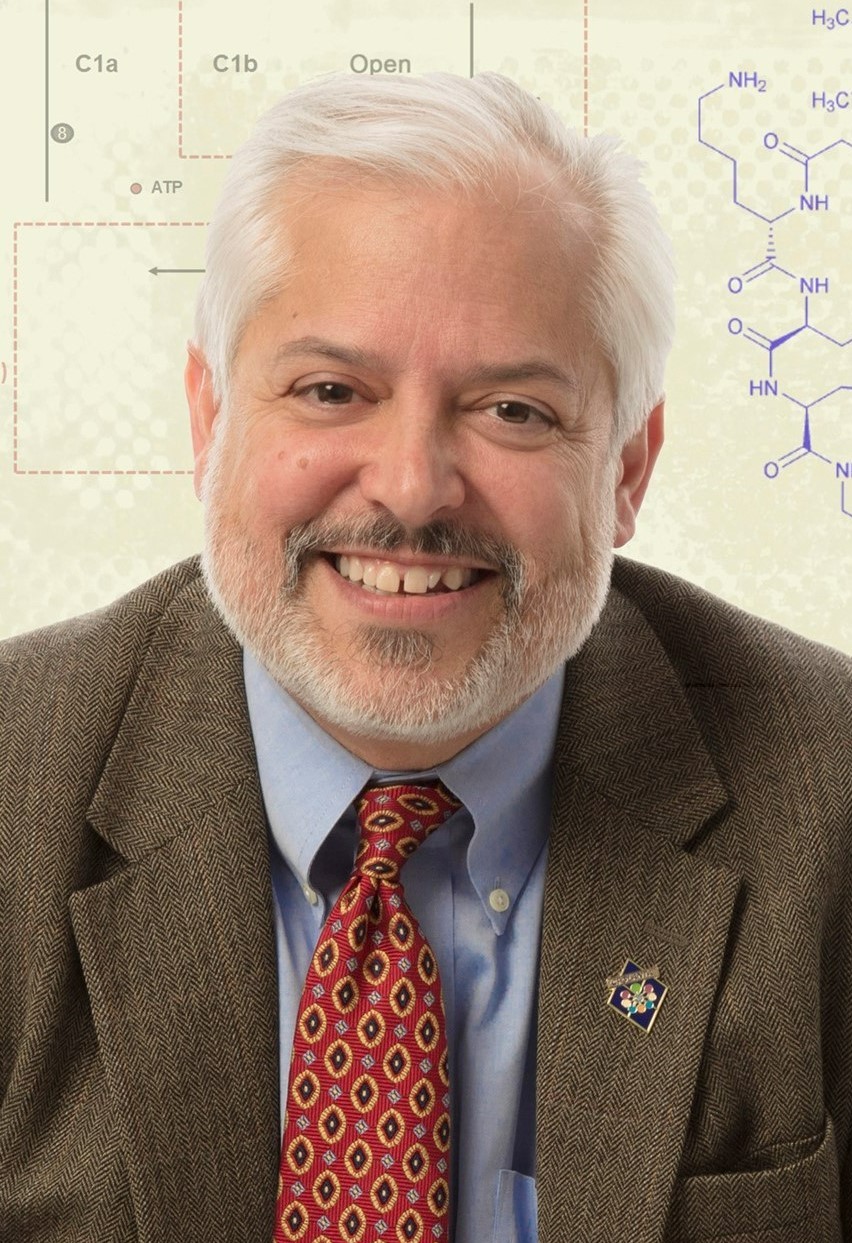Nael McCarty

In the McCarty lab, we focus on the molecular physiology of ion channels and receptors, with emphasis on epithelial chloride channels. Our specific focus is the pathophysiology of Cystic Fibrosis, including the structure/function of CFTR and its many roles in the airway. We pioneered the use of peptide toxins as probes of chloride channels. We also have projects that study the functional consequences of heterodimerization among GPCRs, the role of CFTR in regulation of sweat composition, and the molecular ecology of predator-prey interactions in the marine environment. Our translational research in CF targets: (a) the mechanism by which the expression of mutant CFTR in airway epithelial cells impacts the development of CF-related diabetes; and (b) identification of biomarkers of acute pulmonary exacerbations in CF along with development of a novel device for their detection in the home.
The goal of the Center for Cystic Fibrosis Research is to engage Atlanta researchers in basic and translational research that will lead to a better understanding of the pathophysiology of this disease and/or generate new devices and treatments to increase the length and quality of life for CF patients. The novel theme for these research activities is 'The Systems Biology of the CF Lung'.


